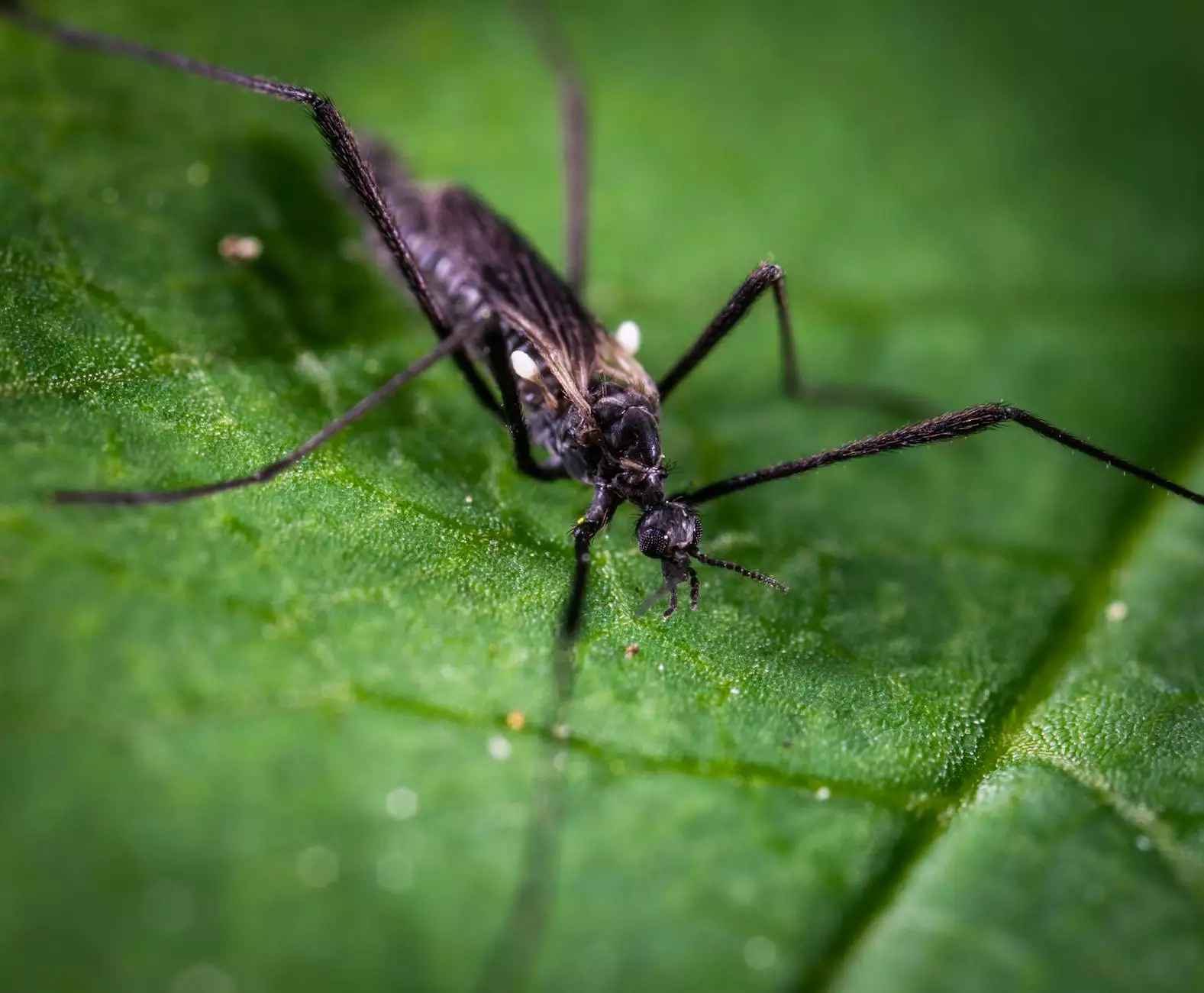Effective Control of Stored Grain Pests: Strategies for Success

The control of stored grain pests has become increasingly significant in recent years due to rising global food demands and heightened awareness of pest management practices. At TSGC Inc., we understand the critical role that effective pest control plays in maintaining grain quality, ensuring food safety, and maximizing profits in the farming sector. In this article, we explore various methods, the importance of pest control, and the advanced equipment available to assist farmers in addressing these challenges.
Understanding Stored Grain Pests
Stored grain pests are organisms, primarily insects, that infest grains during storage. These pests can lead to significant losses in grain quality and quantity if not managed properly. Some common pests include:
- Rice Weevil (Sitophilus oryzae) - This small beetle feeds on whole grains, and its larvae can cause extensive damage.
- Granary Weevil (Sitophilus granarius) - Similar to the rice weevil, it is known for infesting grain bins and causing deterioration.
- Corn Weevil (Sitophilus zeamais) - Primarily infests corn and can severely impact yield and quality.
- Flour Beetles (Tribolium spp.) - These pests are attracted to a variety of grains, flour, and stored products.
- Indian Meal Moth (Plodia interpunctella) - Known for infesting grains and processed foods, it can cause significant economic damage.
The Importance of Managing Stored Grain Pests
Effective management of stored grain pests is crucial for several reasons:
- Preserving Grain Quality: Pests can cause discoloration, moisture increase, and spoilage, which directly leads to financial losses.
- Ensuring Food Safety: Some pests can contaminate grains with harmful microorganisms, posing health risks to consumers.
- Reducing Financial Losses: Pest infestations can lead to substantial economic losses; therefore, effective management translates to better profitability.
- Improving Shelf Life: By controlling pests, the shelf life of grains increases, allowing farmers to market their products over longer periods.
Strategies for Effective Pest Control
There are several effective strategies for the control of stored grain pests, categorized into preventive, monitoring, and corrective measures:
1. Preventive Measures
Prevention is the best strategy in pest management. Implementing preventive measures can significantly reduce the likelihood of infestations:
- Cleanliness: Keeping storage areas clean and free from spilled grains is crucial. Regularly inspect storage facilities and eliminate any remnants of grain.
- Temperature Control: Maintain grain at low temperatures (









